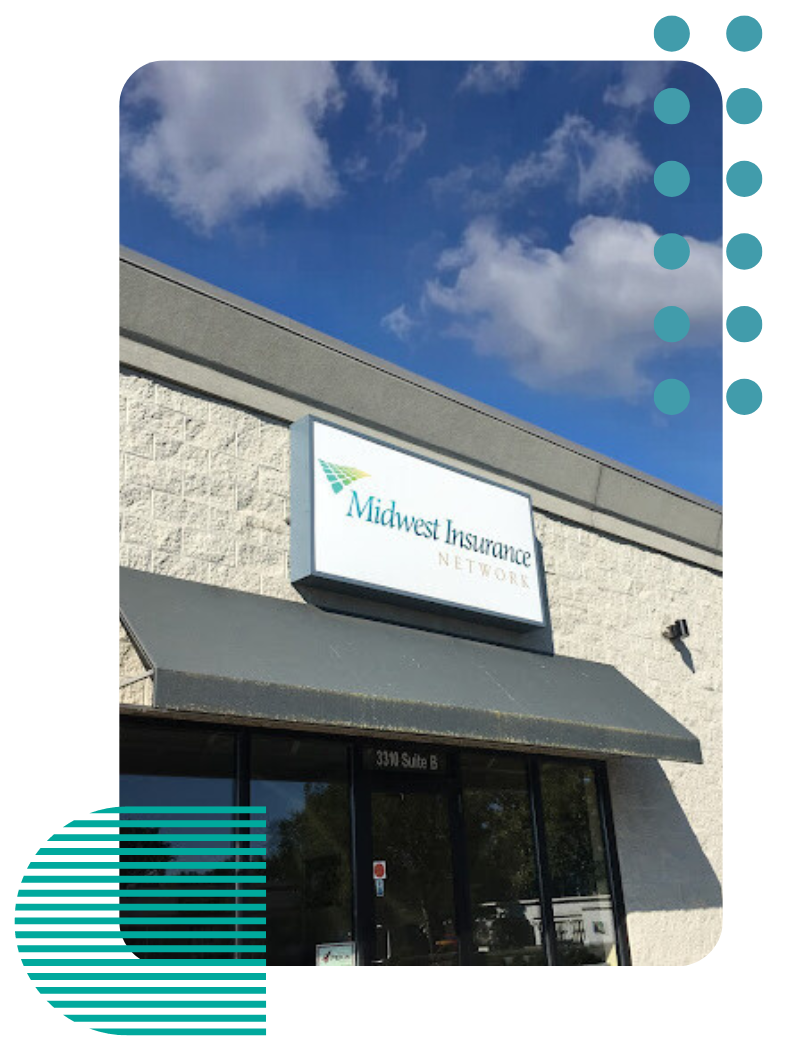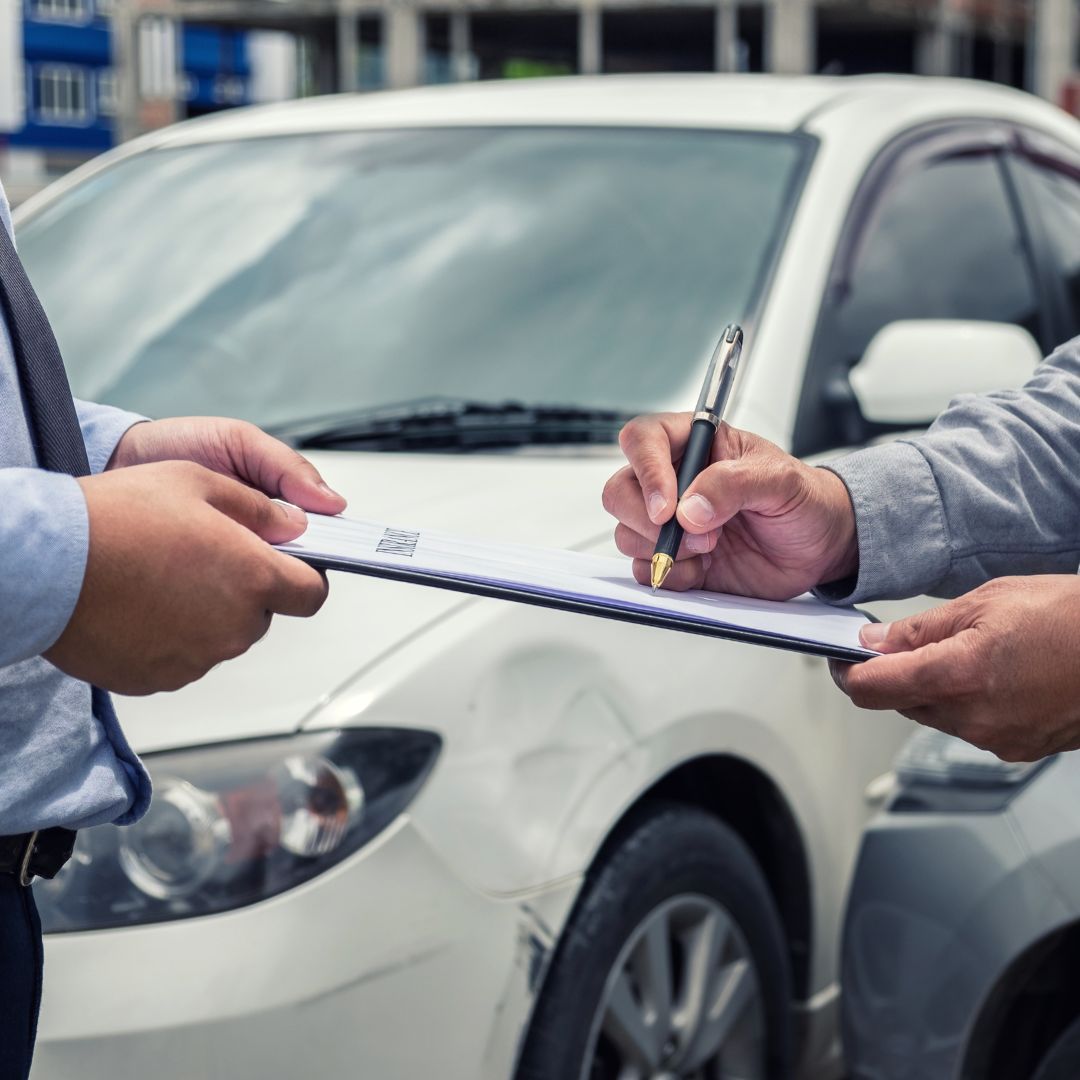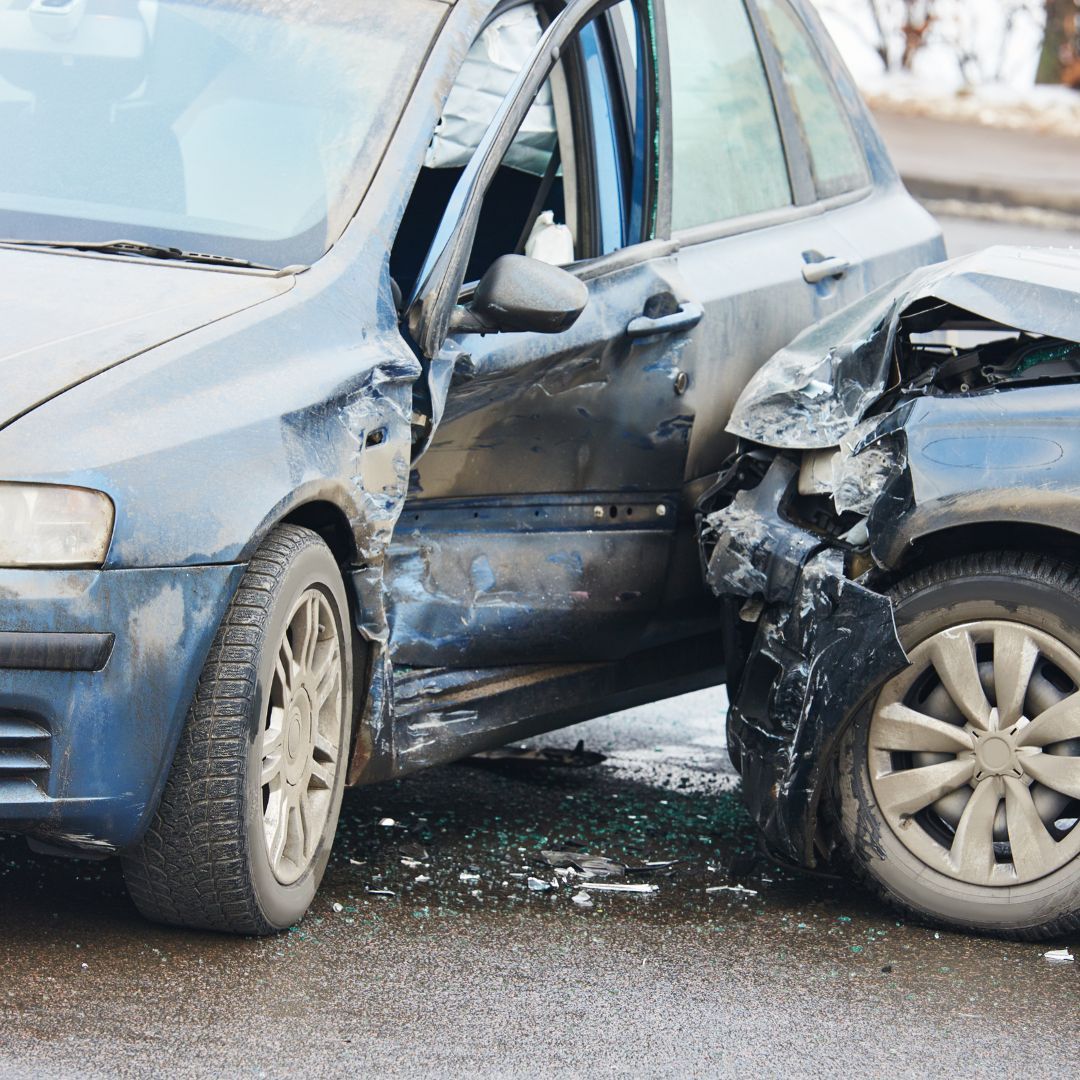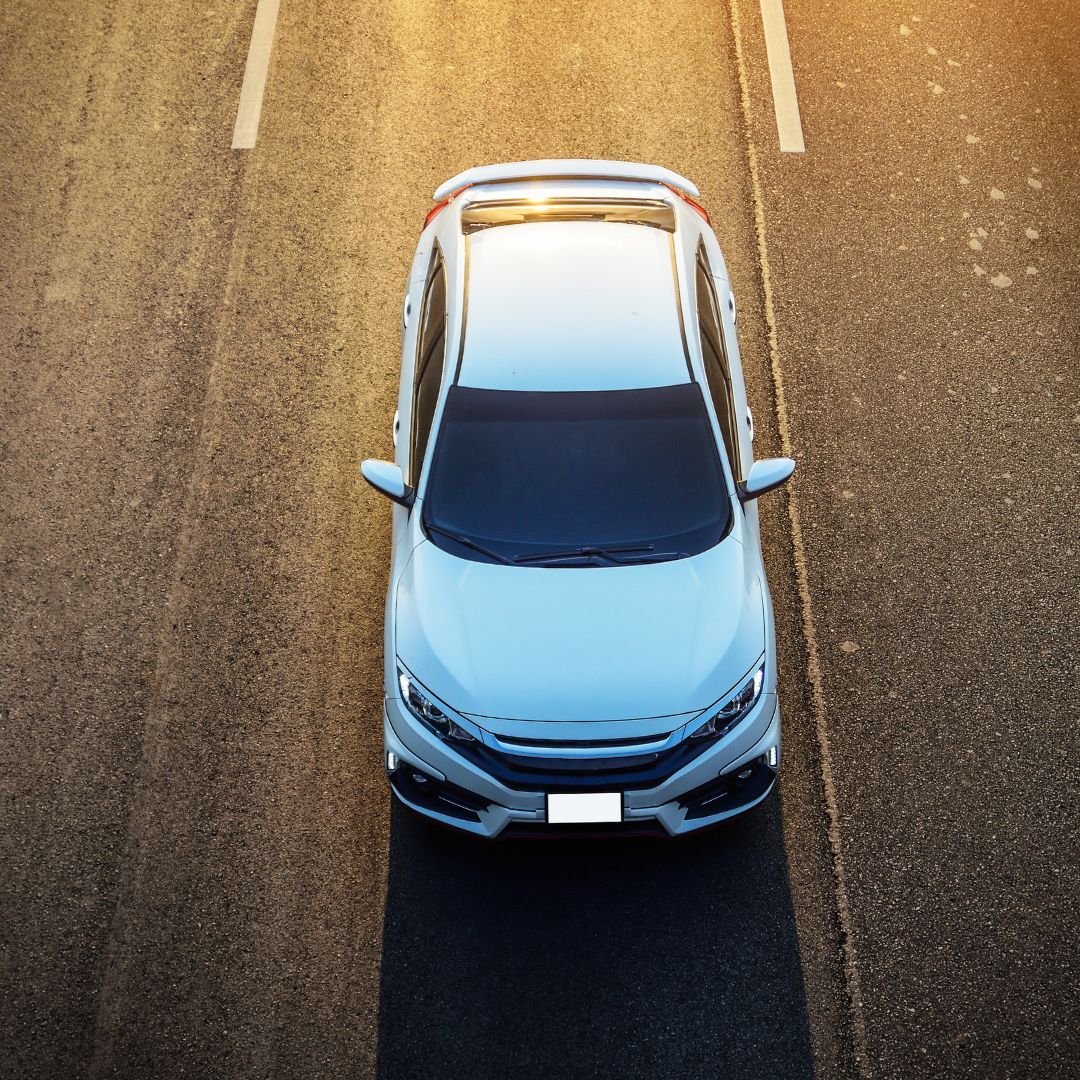Get in touch
419-720-5825
agency@midwest-insure.com
What Happens When I Total My Car in Ohio?
See How We're Different
or call us: 419-720-5825
Experiencing a car accident can be a traumatic event, especially when your car is declared a total loss. In Ohio, the process of dealing with a totaled car involves several steps, which can be confusing and overwhelming. This guide will help you understand what happens when you total your car in Ohio, from insurance claims to possible outcomes.
Understanding a Total Loss
In Ohio, a car is considered a total loss when the cost of repairs exceeds the car's actual cash value (ACV). The ACV is determined by the insurance company and is based on the market value of your car just before the accident.
Insurance companies in Ohio follow a Total Loss Formula (TLF). This means that if the cost of repairs plus the salvage value of the car exceeds the ACV, the car is declared a total loss. The insurance company will then pay you the ACV of the car.
Calculating Actual Cash Value
The actual cash value is calculated by considering several factors. These include the make and model of the car, its age, mileage, condition, and any upgrades or modifications. The insurance company may also consider the selling price of similar cars in your area.
It's important to note that the ACV may not cover the outstanding loan on your car if you have one. This is known as being "upside down" on your loan. In such cases, you may want to consider gap insurance, which covers the difference between the ACV and the remaining loan amount.
Insurance Claims Process
When your car is totaled in Ohio, you will need to file a claim with your insurance company. The process involves several steps, including reporting the accident, submitting a claim, and negotiating a settlement.
Once the claim is filed, an insurance adjuster will inspect the damage to your car and determine if it's a total loss. If it is, the insurance company will offer you a settlement based on the ACV of your car.
Negotiating a Settlement
It's important to remember that the first settlement offer from the insurance company may not be the final one. You have the right to negotiate the amount if you believe your car's ACV is higher than the offer.
To negotiate effectively, you will need to provide evidence of your car's value. This can include recent sales of similar cars in your area, or receipts for any upgrades or modifications you've made to your car. If the insurance company refuses to negotiate, you may need to hire an attorney or take the matter to court.
What to Do with a Totaled Car
Once your car is declared a total loss, you have a few options. You can accept the insurance company's payout, buy back the car and repair it, or sell it for parts.
If you accept the payout, the insurance company will take possession of the car. If you choose to buy back the car, you will need to pay the salvage value. This can be a good option if the car has sentimental value or if you believe you can repair it for less than the payout amount.
Selling a Totaled Car
If you decide to sell your totaled car, you can sell it to a salvage yard, a junk car buyer, or a private buyer. The price you get will depend on the condition of the car and its parts.
Before selling, you will need to obtain a salvage title from the Ohio Bureau of Motor Vehicles (BMV). This title declares that the car has been totaled and is not safe to drive without repairs.
Conclusion
Dealing with a totaled car in Ohio can be a complex process. Understanding the steps involved can help you navigate the situation and make the best decision for your circumstances. Remember, it's important to consult with a professional if you're unsure about any part of the process.
While it's never easy to deal with a totaled car, knowing what to expect can make the process less stressful. Whether you decide to accept the insurance payout, buy back the car, or sell it for parts, understanding your options can help you make an informed decision.
Recent Posts
Midwest Insurance Network is an independent insurance agency offering a one-on-one service for all our insurance clients. We help you navigate the sea of policy options and clarify any questions or concerns you may have along the way.
Quick Links
Services
All Rights Reserved | Midwest Insurance Network.

